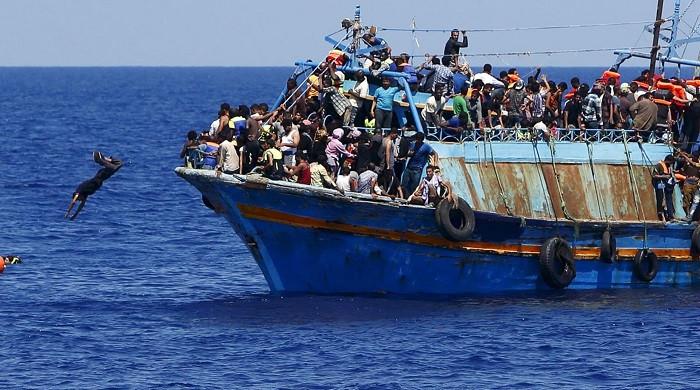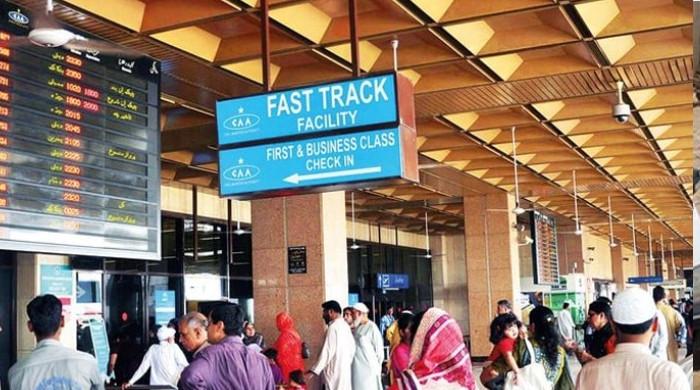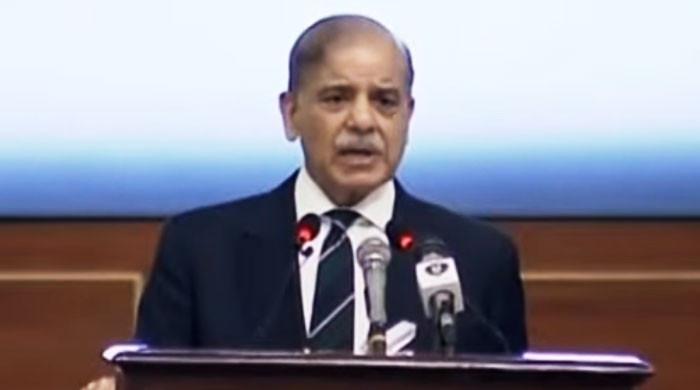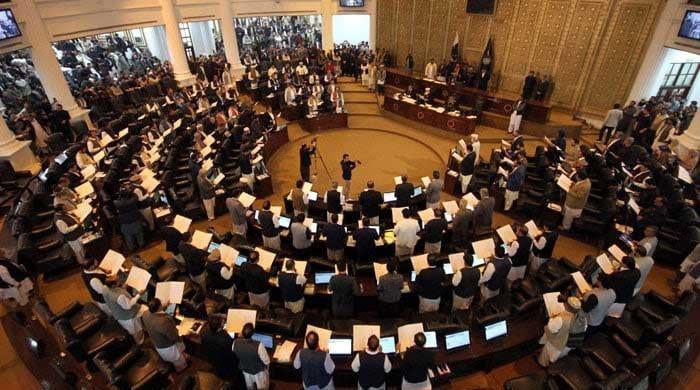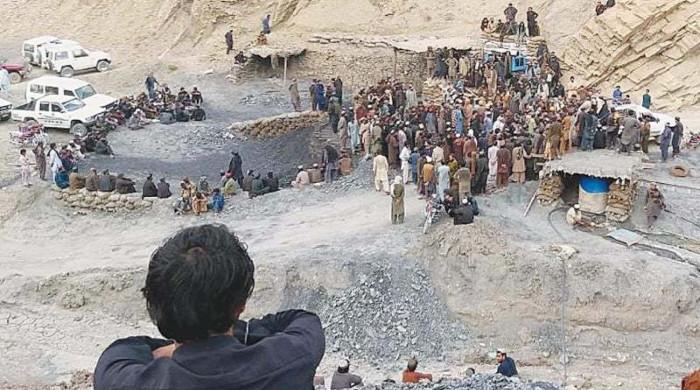Pakistan gets its first Kalashi lawmaker
Wazir Zada hopes to bring more development and prosperity to the people of Kalash
August 03, 2018
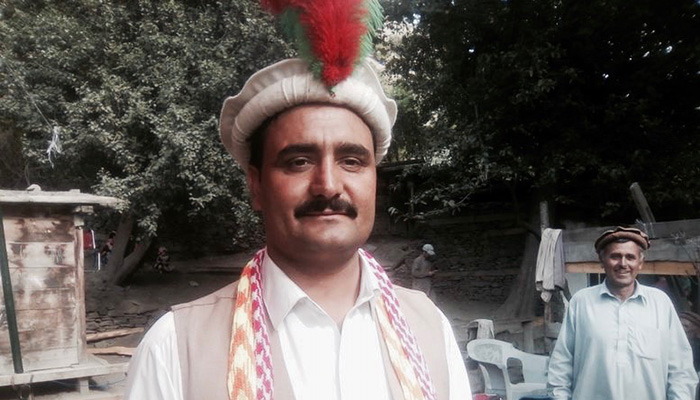
There were many firsts in this election.
More women than ever were on the ballot nationwide. Several transgender persons contested on general parliamentary seats. July 25 was also a big night for minorities in Pakistan. Three Hindu candidates of the Pakistan Peoples Party Parliamentarians (PPPP) were elected from the Sindh province. While over in three small villages – Bamboreet, Bareer and Ramboor - nestled in the Hindu Kush mountains in northern Khyber Pakhtunkhwa, celebrations have been ongoing for many days now. Men and women dance to loud music in their colourful attires. And why shouldn’t there be revelries. One of their own, a young man named Wazir Zada has made history.
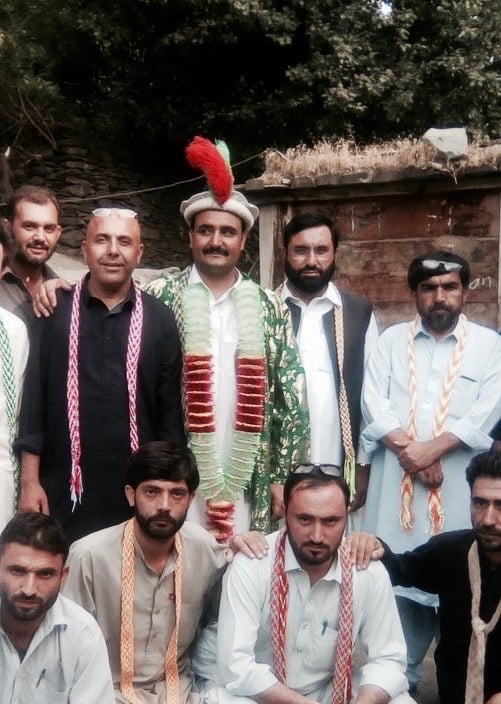
The 34-year-old will be the first member of the Kalash community to become a lawmaker.
Before Pakistan went to vote, Zada’s name was proposed for the minority seat in the provincial assembly by Imran Khan’s Tehreek-e-Insaf. His name is second on the list of priority in an assembly where the PTI has secured a big win, picking up 66 general seats from the province, out of 99.
The Kalash community practises an ancient polytheistic religion and speaks Dardic. They are considered one of the oldest and smallest indigenous communities in the country.
Last year, the government-run National Commission on Human Rights (NCHR) warned in a report that the Kalash population has dwindled over the years and now hovers around 4,000 due to forced conversions and other threats.
Zada was born to a working-class family in Kalash. He completed his matriculation and college from Chitral, before joining the University of Peshawar for a masters in political science. After his education, he began working as a social worker and activist in his area.
He first joined Pakistan Tehreek-e-Insaaf, a relatively lesser-known party then, in 2008. Once an MPA, Zada says he hopes to bring more “development and prosperity to the people of Kalash.” While the majority of the population in the three villages is that of Muslims, he plans to promote and highlight his tribe’s culture and history.
“I am thankful to Imran Khan, who gave me this opportunity,” he told Geo.tv. “Before this the people of Kalash only voted in the elections, but they were never heard from after. Now, our voice will reach every home.”




